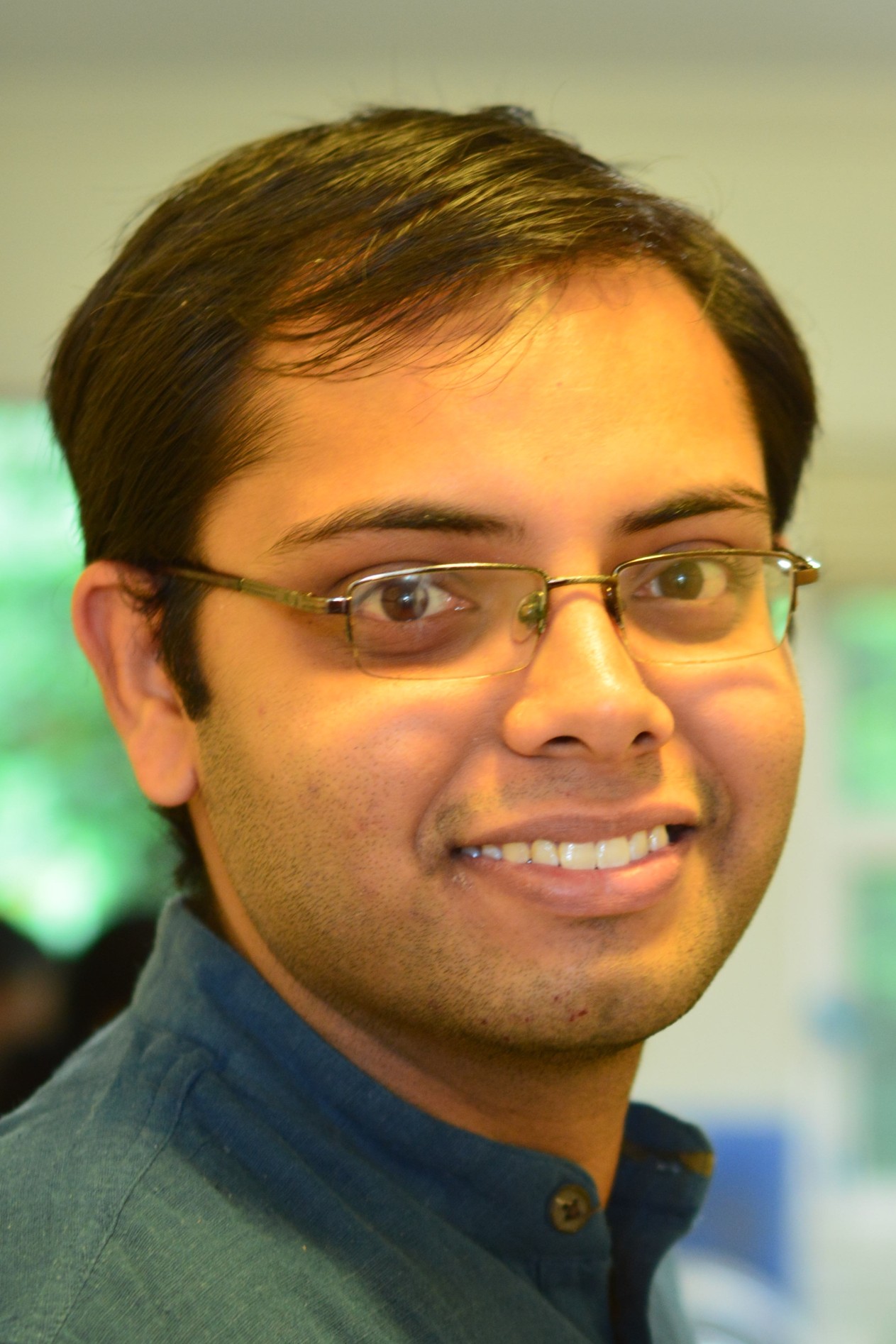Dr. Suman Majumder, Assistant Professor, Department of Statistics, University of Missouri-Columbia presents Multivariate Cluster Point Process Model: Parent Location Improves Inference for Complex Biofilm Image Data

Date: Thursday, October 19, 2023
Start time: 3:00 pm
End time: 4:00 pm
Location: Harris Hall room 4119
Audience: All are welcome to attend
A common challenge in spatial statistics is to quantify the spatial distributions of clusters of objects. Clusters of similar or dissimilar objects are encountered in many fields, including field ecology, astronomy, and biomedical imaging. Frequently used approaches treat each cluster’s central object as latent, but it is often the case that cells of one or more types cluster around cells of another type. Such arrangements are common, for example, in microbial biofilm, in which close inter-species spatial clustering is thought to reflect physical interactions among species. Because these interactions arise from or drive biofilm community structure, quantifying these spatial relationships may provide clues to disease pathogenesis or treatment effects. Even when clustering arrangements are not strictly parent-offspring relationships, treating the central object as a parent can enable use of parent-offspring clustering frameworks. We propose a fully Bayesian, multivariate spatial point process model to quantify multi-cellular arrangements with parent-offspring statistical approaches. We used the proposed model to analyze and explore data from a human dental plaque biofilm image containing spatial locations of Streptococcus, Porphyromonas, Corynebacterium, and Pasteurellaceae, among other species. The proposed multivariate cluster point process (MCPP) model departs from commonly used approaches in that it exploits the locations of the central parent object in clusters. It also accounts for possibly multilayered, multivariate parent-offspring clustering. In simulated datasets, the MCPP outperforms the classical Neyman-Scott process model, a univariate model for modeling spatially clustered processes, by producing decisively more accurate and precise parameter estimates. MCPP also picks out the correct parent-offspring relationships by comparing model fits using the deviance information criterion (DIC). Applied to the motivating biofilm data, we quantified the simultaneous clustering of Streptococcus and Porphyromonas around Corynebacterium and of Pasteurellaceae around Streptococcus. The proposed MCPP model successfully captured the parent-offspring structure for all the taxa involved. Further exploration suggested the presence of parent-offspring relationship between Fusobacterium and Leptotrichia which can be validated by detailed study by the microbiology community.
Bio
Dr. Majumder is currently an assistant professor in the Department of Statistics at the University of Missouri-Columbia. He received his Ph.D. degree in Statistics from NC State in 2020 and went on to work as a postdoctoral fellow in Harvard T.H. Chan School of Public Health for three years. His primary research interest is spatial and spatiotemporal modeling with application in environmental, agricultural, ecological, and microbiome research. He also works on statistical computing and big data methods.
Sponsor(s): SSOR
Event contact: Dr. Ya Su, suyaf@vcu.edu